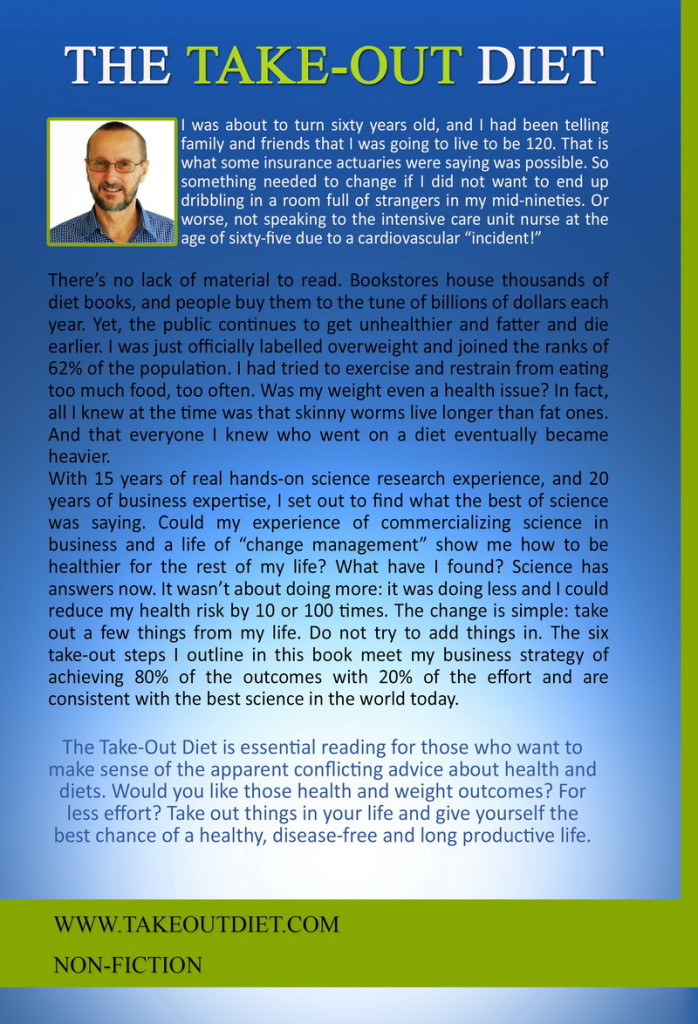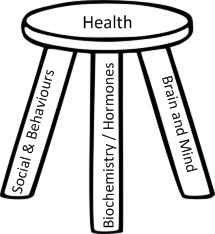Takeout Diet. Six Simple Steps to Health
Diets fail. For 80% of all people who embark on lifestyle changes.
Instead of doing more, do less. Start with these six changes

Action – take out these six items
Take out added sugar
Sugar is inflamatory. Stop eating any food or food product with added sugar. Whole fruit. Not too much
Take out simple carbs
Depending on your goals, take out while flour and white rice. Eat whole foods. Not food products.
Take out calorie counter
Take out a calorie counter for six weeks. This helps get your mind to understand how much food. Do not obsess. Just learn.
Take out some food 2 days a week
For 2 days or some days, take out some food, to get intake=activity
Take out sitting down
Don’t sit for more than 30 mins at a time. Health improves
Take out seed oils
Avoid poly unsaturated seed oils and stay with olive
Read my book. Avoid food fads
Thousands of books. Millions of ways to take your money. Keep it simple
Read my book
- Restore confidence in yourself.
- No guilt
- Get support from your friends.


Take Out Diet
- A book of thought-provoking articles.
- Case studies showing results.
- Never need another book or podcast.
“The takeout diet gave me confidence to undertand how I could control my own weight and health.”
Tony Nash
Watch, Read, Listen
Join 900+ subscribers
Stay in the loop with everything you need to know.